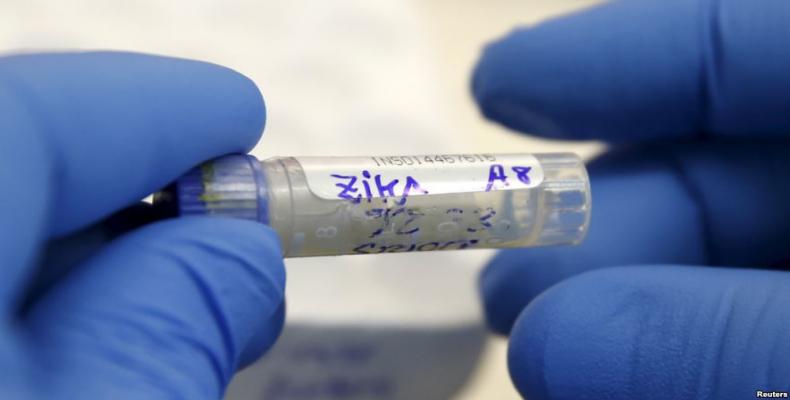United Nations, April 13 (RHC)-- The United Nations atomic energy agency plans to train dozens of participants this month from mostly Latin America and Caribbean countries on how to use nuclear-derived techniques to detect the Zika virus in as short a time as three hours.
The International Atomic Energy Agency (IAEA) said that “early, fast and accurate detection” is crucial to managing outbreaks of the Zika virus which has been associated with serious birth defects and neurological disorders in adults.
“The training includes practical and epidemiological simulations, and will help prepare national laboratories to quickly differentiate Zika from other similar viruses, such as dengue and chikungunya,” said IAEA Deputy Director General for Nuclear Sciences and Applications Aldo Malavasi.
The training, which will include more than 36 participants from 26 countries, will be held at the IAEA laboratories in Seibersdorf, Austria. The participants are from laboratories affiliated with national health authorities, and will be expected to share their knowledge at home.
They will learn how to use the Reverse Transcription Polymerase Chain Reaction (RT-PCR) technique, and to apply the procedures recommended by the UN World Health Organization (WHO) and the United States Centers for Disease Control and Prevention for the detection of Zika.


